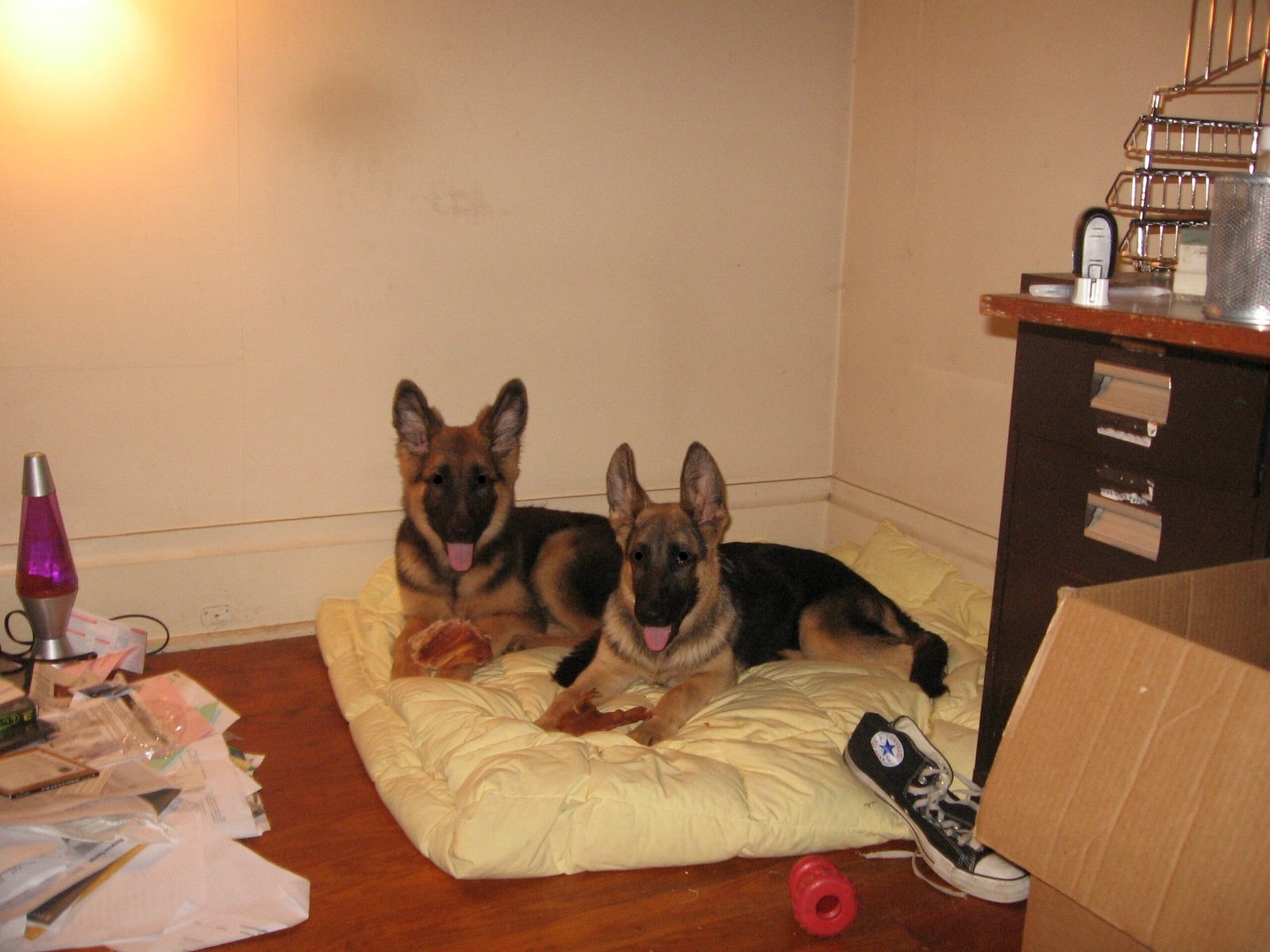Welcoming a German Shepherd into your home is like opening a new chapter filled with loyalty, boundless energy, and undeniable companionship. These dogs are renowned for their intelligence and protective nature, making them one of the most popular breeds worldwide. However, their strong personality requires an attentive and understanding owner. If you desire a gentle and well-behaved German Shepherd, there are certain things you should avoid doing. This guide will help you navigate the do’s and don’ts, ensuring your furry friend grows into a loving companion.
Neglecting Regular Exercise

German Shepherds are high-energy dogs that require plenty of exercise. Just like a wind-up toy that never stops, they are always on the go. Neglecting regular exercise can lead to pent-up energy, resulting in destructive behavior. It’s essential to engage them in daily walks, runs, or playtime to satisfy their physical needs. Without adequate exercise, they may become frustrated and aggressive. Imagine trying to sit quietly in a classroom all day without recess – it’s simply not possible. So, ensure your German Shepherd has ample time to stretch those legs.
Skipping Mental Stimulation

While physical exercise is crucial, mental stimulation is equally important for a German Shepherd. Think of their mind like a sponge, eager to soak up new information. Providing them with puzzles, training exercises, or interactive toys can keep their brain engaged. Ignoring their need for mental challenges can lead to boredom and undesirable behavior. Just as you wouldn’t leave a child without books or games, your German Shepherd needs mental enrichment to stay happy and gentle.
Inconsistent Training Methods

Consistency is key when training a German Shepherd. They respond well to clear and consistent commands. Using different training methods or being inconsistent with rules can confuse them, leading to frustration. It’s like trying to learn a new language with a different teacher every day – overwhelming and ineffective. Stick to one training method and be patient. Consistency will make your German Shepherd feel secure and more likely to listen and obey.
Ignoring Socialization

Socialization is vital for a German Shepherd to become a gentle and well-mannered dog. Introducing them to various environments, people, and other animals helps them develop confidence and adaptability. If you isolate them, they may become fearful or aggressive towards unfamiliar situations. Imagine being in a new place without knowing anyone – it can be intimidating. Regular socialization helps them feel comfortable and less anxious, fostering a gentle demeanor.
Using Harsh Punishments

Harsh punishments can severely affect a German Shepherd’s temperament. They are sensitive creatures that respond better to positive reinforcement than negative discipline. Using force or aggression can lead to fear and anxiety, which may manifest as aggression. Instead, reward their good behavior with treats or praise. Think of it as encouraging a child with a gold star for good grades rather than scolding them for mistakes. This approach builds trust and strengthens your bond.
Overlooking Health Check-Ups

Regular health check-ups are essential for maintaining your German Shepherd’s well-being. Neglecting their health can lead to discomfort, which might make them irritable or aggressive. Routine visits to the vet, proper vaccinations, and a balanced diet are crucial. It’s similar to regular maintenance for a car – without it, small issues can become significant problems. A healthy German Shepherd is more likely to be gentle and happy.
Allowing Rough Play

While it’s tempting to engage in rough play with such a robust breed, it can encourage aggressive behavior. German Shepherds are powerful, and rough play can mistakenly teach them that aggression is acceptable. Instead, promote gentle play and discourage biting or aggressive antics. It’s like teaching a child to play nicely with others. This approach fosters a calm and gentle dog.
Neglecting to Set Boundaries

Setting boundaries is crucial for a German Shepherd’s development. Without clear rules, they may become unruly and difficult to manage. It’s important to establish what is acceptable behavior and what isn’t. Think of it as having a roadmap for expected behavior. Boundaries provide structure and security, helping your dog understand their place in the household.
Failing to Provide a Safe Environment

A safe and secure environment is necessary for a German Shepherd to thrive. If they feel threatened or unsafe, it can lead to anxiety and aggression. Ensure they have a comfortable space, free from dangers and stressors. It’s akin to having a safe haven where they can relax and feel at ease. A calm environment contributes to a gentle and well-adjusted dog.
Ignoring Your Dog’s Signals

German Shepherds communicate through body language and vocalizations. Ignoring their signals can lead to misunderstandings and stress. Pay attention to their cues – whether they’re feeling anxious, excited, or uncomfortable. It’s like having a conversation without words. Understanding their signals helps you address their needs, fostering trust and a gentle relationship.
In conclusion, nurturing a gentle German Shepherd requires understanding, patience, and commitment. Avoiding these common pitfalls can lead to a harmonious relationship with your furry friend, ensuring they grow into the loving companions they’re meant to be.

Esther is from India; the heartbeat of South Asia, holding a Master’s degree in Zoology and a postgraduate diploma in Animal Welfare. Her enthusiasm for animal welfare drives her passion and dedication to working for animals, ensuring their well-being, and advocating for their rights. With a solid academic background and hands-on experience, she is committed to making a positive impact in the field of animal welfare. In her free time, she enjoys embroidery and sewing. As a Chennaite from Tamil Nadu, Esther loves Bharathanatyam, an Indian classical dance form.






